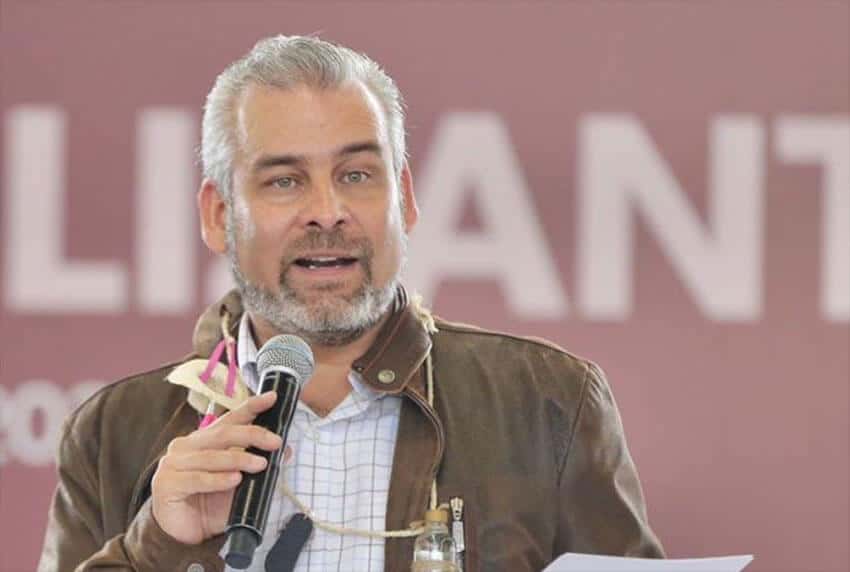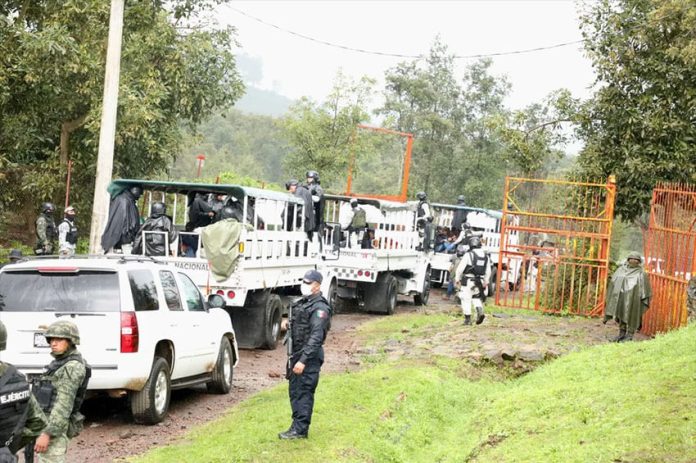Avocado exports to the United States resumed last night after a brief suspension due to violence in Michoacán in the second halt to exports this year.
U.S. Department of Agriculture (USDA) activities were suspended on Sunday due to safety concerns following a string of violent incidents inside and near Uruapan, the city at the center of the international avocado trade, the head of the security at the Mexican Association of Producers and Packers of Exported Avocados (APEAM), Juan José Retiz León, said in a statement.
Retiz added that the suspension could only be lifted by the U.S. State Department. Exports resumed later on Sunday.
Addressing the disruption, Michoacán Governor Alfredo Ramírez Bedolla denied that exports were ever suspended. “They are working in coordination with USDA, they [exports] were not suspended … USDA is working today and there is no suspension of exports,” he said on Sunday.

The violence started on Friday in Tiamba with armed confrontations between supposed criminal groups, 16 kilometers north of Uruapan. Security forces undertook mass arrests on Saturday, detaining 164 people following blockades on the highway which links the state capital Morelia to the Pacific port at Lázaro Cárdenas.
Disruption continued with further blockades and the kidnapping of National Guardsmen in Paracho.
The arrested people are presumed to be members of Pueblos Unidos, a well-armed self-defense movement that was created in 2020 by avocado farmers, supposedly in response to gangs’ extortion demands. Federal authorities, however, have described the group as a criminal organization, and one of the groups challenging the Jalisco New Generation Cartel (CJNG) for control in Michoacán. Security forces confiscated almost 200 weapons, some which were army property, and vehicles during the operation.
In response to the arrests, members of Pueblos Unidos allegedly blocked roads in the state with burning vehicles. Latinus reported blockades on the Pátzcuaro-Uruapan section of the Morelia-Uruapan highway Sunday night, and on the Pátzcuaro-Lázaro Cárdenas highway between Pátzcuaro and Uruapan early Monday morning. By late morning, both blockades had been cleared, according to Latinus and the state Transportation Ministry.
The U.S. government has acted on security concerns in the past, halting imports of avocados for a week in February in light of a threatening phone call received by a Michoacán-based U.S. inspector.
Avocados have been termed “green gold” for their value as exports and suspensions are a costly business: Citibanamex estimated the February suspension cost avocado producers US $7.7 million per day. Mexico’s farmers account for more than 80% of the avocado consumed in the United States.
